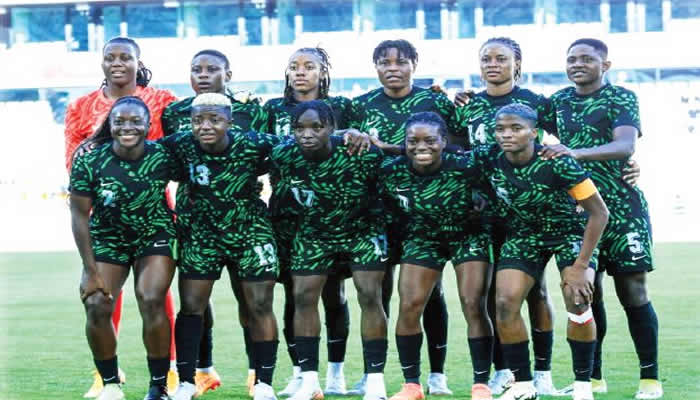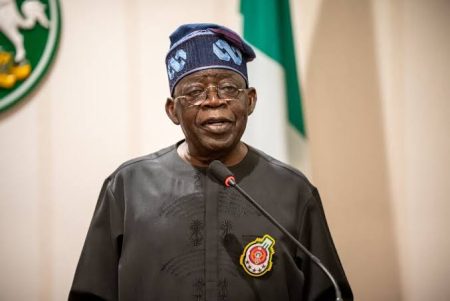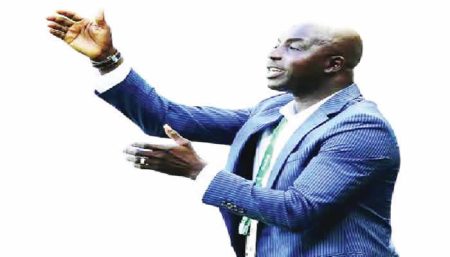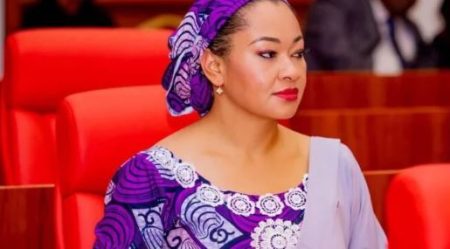The Super Falcons’ Statistical Underperformance at WAFCON 2024
The Super Falcons of Nigeria have secured their place in the quarter-finals of the 2024 Women’s Africa Cup of Nations (WAFCON), a testament to their enduring strength in African women’s football. However, despite achieving positive results, their performances haven’t translated into dominance in the tournament’s key statistical categories, raising concerns about their ability to reclaim the WAFCON title. Historically, WAFCON has been a platform for Nigerian stars to shine, with players like Asisat Oshoala, Perpetua Nkwocha, and Desire Oparanozie leaving their mark on the tournament. This year, however, the current squad’s impact on the statistical leaderboards has been surprisingly muted.
Offensive Struggles: Goals, Assists, and Chances Created
In the goalscoring department, the Falcons trail behind Senegal’s Nguenar Ndiaye and Morocco’s Ghizlane Chebbak, who lead with four goals each, followed by Zambia’s Racheal Kundananji and Barbra Banda with three. Nigeria’s Chinwendu Ihezuo has two goals, while star striker Asisat Oshoala has only one goal in the opening match against Tunisia. Similarly, the team’s assist numbers are underwhelming, with no Nigerian player registering more than one assist, while other nations boast players with two assists each. The passing statistics further illuminate the Falcons’ offensive struggles. Moroccan players dominate this category, indicative of their possession-based style. Nigeria’s midfielders are conspicuously absent from the top ranks of passes completed, suggesting a preference for a more direct style of play. While this approach can be effective, the lack of ball retention and controlled distribution may hinder their progress against stronger opponents. Passing accuracy also reveals a gap between Nigeria and other top teams, with no Nigerian player achieving 100% accuracy, while several players from other nations have reached this benchmark.
Limited Attacking Threat: Crosses and Shots
Francisca Ordega’s performance in crosses offers a glimmer of hope, tying with Morocco’s Hanane Ait El Haj with 14 crosses. However, the team’s overall crossing effectiveness remains subpar, failing to translate into sufficient goal-scoring opportunities. The lack of shots on goal further underscores Nigeria’s attacking deficiencies. Zambia’s Kundananji leads with 15 shots, while Nigeria’s highest-ranked player, Rasheedat Ajibade, sits in 14th place with just five shots. This inability to consistently test opposing goalkeepers raises concerns about their capacity to break down resolute defenses in the later stages of the tournament. Amidst these offensive challenges, Ajibade emerges as a bright spot, leading the tournament in chances created with 10. Her vision and movement have been crucial in unlocking opposing defenses, offering a rare spark of creativity in an otherwise cautious attacking approach.
Defensive Vulnerabilities: Tackles, Duels, and Clearances
Beyond their attacking woes, the Super Falcons’ defensive statistics also paint a worrying picture. The absence of Nigerian players among the top tacklers suggests a lack of aggression or coordination in midfield, potentially leaving the defense exposed. Furthermore, their struggles in winning duels, both aerial and ground, raise questions about their physical dominance, a trait traditionally associated with Nigerian football. The lack of Nigerian representation among the top players for clearances and interceptions further highlights the team’s defensive vulnerabilities. These statistics indicate a potential struggle to effectively clear danger from their defensive third and intercept opposition passes, crucial aspects of a robust defense.
Missing Spark: Fouls Won and Overall Impact
The inability of Nigerian players to draw fouls, a tactic that can disrupt opponents’ rhythm and create set-piece opportunities, further underscores their diminished impact on the game. This absence from the list of players who have won the most fouls suggests a lack of direct engagement with defenders and a reduced ability to draw physical contact. Overall, the Super Falcons’ statistical underperformance across various categories reveals a team struggling to impose its traditional dominance. While they have progressed to the quarter-finals, their lack of impact in attack, midfield, and defense raises concerns about their ability to compete against stronger opponents.
The Road Ahead: Reclaiming the Crown
The Super Falcons’ qualification for the quarter-finals, despite their statistical shortcomings, demonstrates their resilience and potential. However, if they aspire to reclaim the WAFCON title, a significant improvement in their overall performance is crucial. The team needs to rediscover its attacking fluency, create more scoring opportunities, and strengthen its defensive solidity. The star players, in particular, need to step up and deliver performances that match their reputations, translating their individual brilliance into collective success. The upcoming matches will be a true test of their character and ability to rise to the occasion. The Nigerian fans, accustomed to seeing their team dominate, will be hoping for a resurgence of the Super Falcons’ traditional strength and a return to the top of the statistical leaderboards. Only then can they realistically hope to reclaim the WAFCON crown and reassert their dominance in African women’s football.













